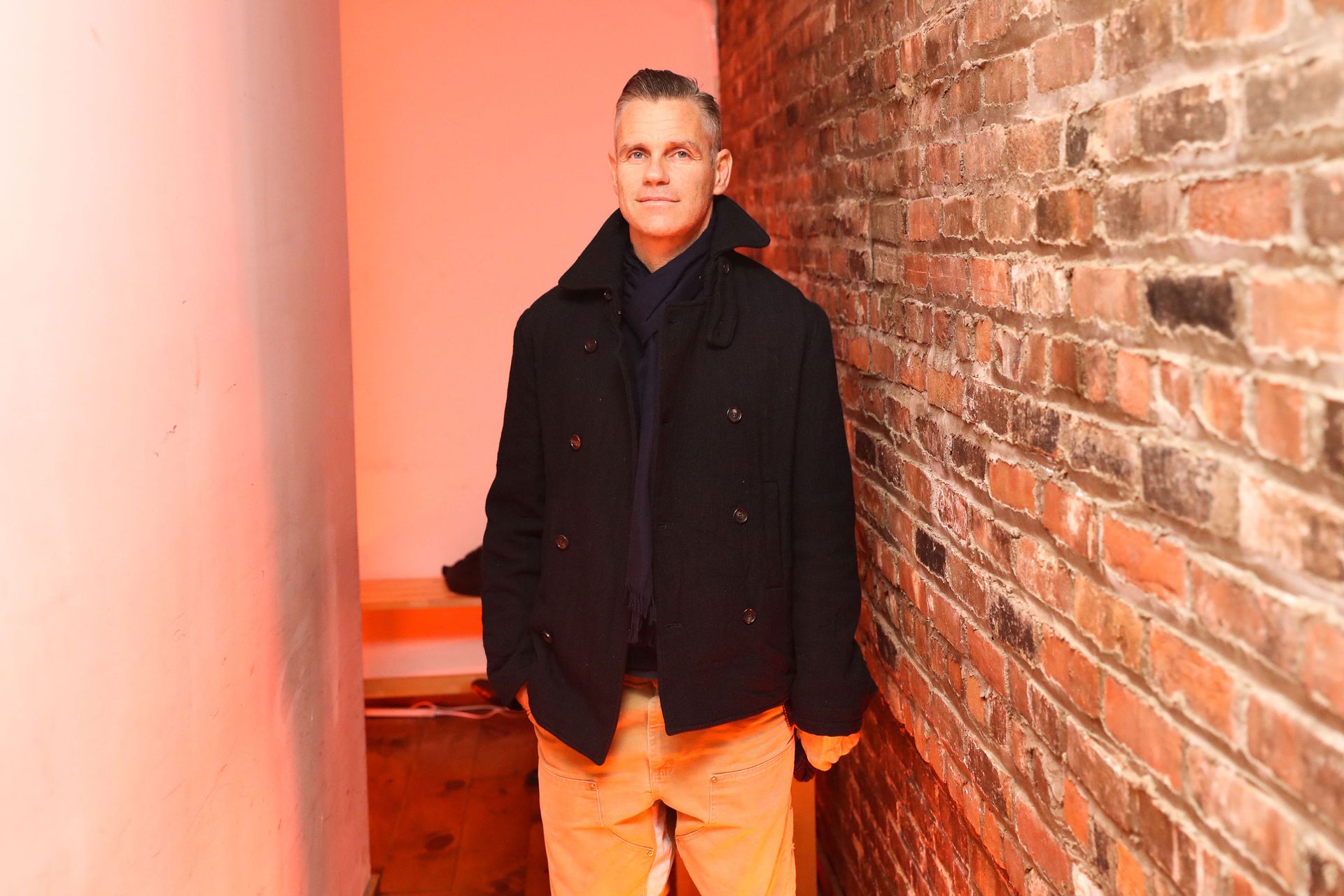Summary
One of the fashion industry’s top casting directors, James Scully works closely with top fashion brands including Tom Ford, Carolina Herrera, Derek Lam and Brandon Maxwell — to cast the perfect models. An advocate for fashion models’ rights, Scully is an active participant of the CFDA Health Initiative and an active supporter of the child model law passed in New York through the Model Alliance group. He is also the most outspoken critic of the lack of diversity on the runways.
Biography
Born in the United States, James Scully moved to New York in the early 1980s to attend college. There, a job listing on a college notice board led him to become a dress assistant for Karl Lagerfeld’s first haute couture presentation at Bergdorf Goodman. After graduating in 1985, Scully joined into the fashion industry as merchandising director at Charivari, a prestigious boutique chain known for being among the first to carry luxury fashion brands Giorgio Armani and Yohji Yamamoto. It was during this time that he met Kevin Krier.

James Scully
In 1993, Scully collaborated with PR agent Kevin Krier to assist with show production. His big break came when he cast his first solo show for American designer Todd Oldham. Shortly, he cast for Tom Ford during Ford’s tenure at Gucci. In 1999, Scully moved to the role of bookings editor at US Harper’s Bazaar, but returned to full-time casting at Tom Ford’s request a few years later. During this period, Scully freelanced for PR firms like KCD and Bureau Betak, building a reputation for his sharp eye for talent. This led to long-term collaborations with designers such as Stella McCartney and Derek Lam.
Scully is credited with discovering emerging talent, including models Julia Stegner, Georgina Grenville, and Liya Kebede. After nearly three decades in the fashion industry, he became a vocal advocate for diversity and ethical practices within the modeling industry and at the 2016 BoF Voices Panel, he shared stories of discrimination and mistreatment faced by models. “This is something that is systematic and has been going on for years,” he told Vogue. “I’ve been in this business for 30 years and I’ve watched the level of cruelty escalate over the last six or seven years. I feel as though this business has been hijacked from the girls and their agencies by stylists and by casting directors who are using their leverage over the girls at the expense of people’s feelings, lives, and careers.”
In 2017, Scully blew the whistle on luxury fashion brand Lanvin for not featuring women of colour and then pulled up Balenciaga’s casting directors, Maida Gregori Boina and Rami Fernandes, for an incident in which fashion models were allegedly locked in a dark stairway for over three hours. ‘I was very disturbed to hear from a number of girls this morning that yesterday at the Balenciaga casting Madia & Ramy (serial abusers) held a casting in which they made over 150 girls wait in a stairwell, told them they would have to stay over 3 hours to be seen and not to leave,’ said Scully in the social media posting. ‘In their usual fashion they shut the door, went to lunch and turned off the lights, to the stairs leaving every girl with only the lights of their phones to see. Not only was this sadistic and cruel it was dangerous and left more than a few of the girls I spoke with traumatized.’
The impact of Scully’s social post was immediate as Balenciaga severed ties its with those agents. ‘The house reacted immediately, making radical changes to the casting process, including discontinuing the relationship with the current casting agency. Additionally, Balenciaga sent a written apology to the agencies of the models who were affected by this specific situation, asking them to share it with them. Balenciaga condemns this incident and will continue to be deeply committed to ensure the most respectful working conditions for the models’, the brand said in a statement.
Per BoF: “The post went viral, attracting the support of Berluti’s Chief Executive and Loro Piana Chairman Antoine Arnault , along with high profile models such as Helena Christensen, Elsa Hosk, model-turned-activist Cameron Russell and other prominent fashion figures. Following this, Kering and LVMH joined forces in support and established the charter on working relations with fashion models and their well-being. The charter took effect in 2017. It laid out guidelines including the abolition of casting models under the age of 16, dress size 0 and ensuring mandatory chaperoning for late castings, among other rules for brands in their portfolio.”
This isn’t the first time that James Scully, who’s collaborated with brands including Nina Ricci, Jason Wu, and Stella McCartney, has spoken out on the treatment of fashion models. “The goal is to equalise the business; no one person should have control,” he told Vogue. “Every agent and girl should have the power to shape their own career. All these favors are for no money, as well, and that’s part of the problem—the girls become indentured servants working for free. People are fed up and people now are finally at the point where it’s enough. If one agency says, ‘I’m not going to work with these people again,’ it can start an avalanche.”
Recognition
James Scully is recognised for being vocal about fashion model’s working conditions in the industry. He publicly criticised situations where fashion models were mistreated—e.g., models waiting in dark stairwells at a luxury fashion brand’s casting, exclusion of women of colour, and use of under‑age models. He has also supported reforms through organisations like Model Alliance and Council of Fashion Designers of America (CFDA) initiatives to improve model health and rights. In fact the CFDA Health Initiative made people aware that mental and physical health go hand in hand, and they should watch out for young fashion models.

